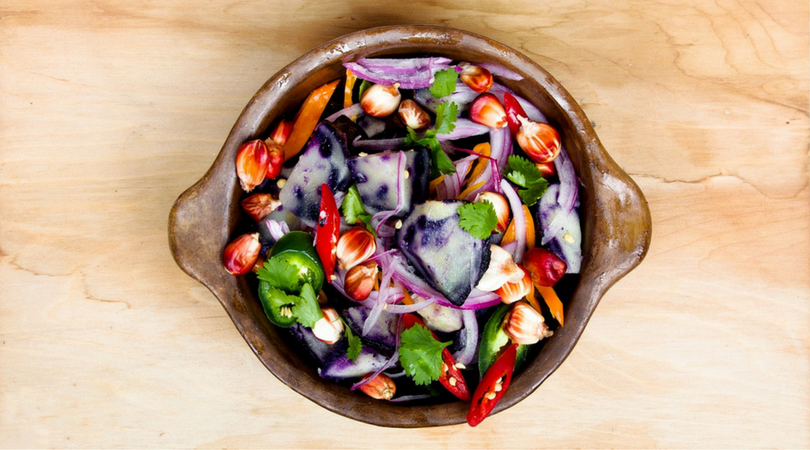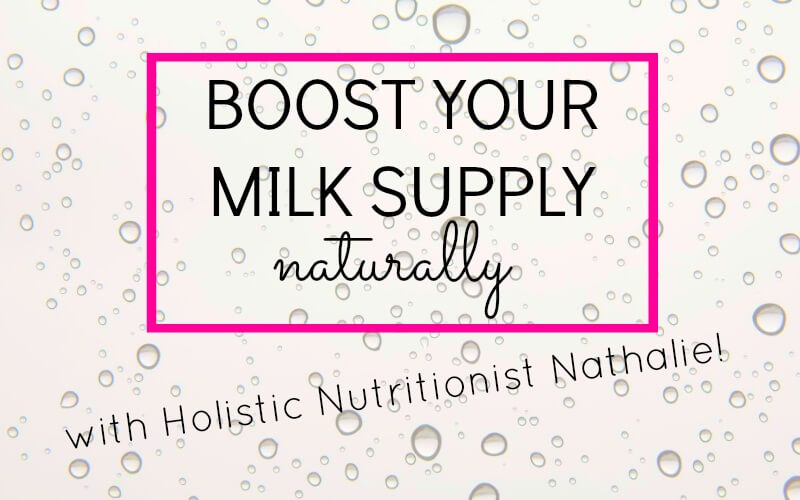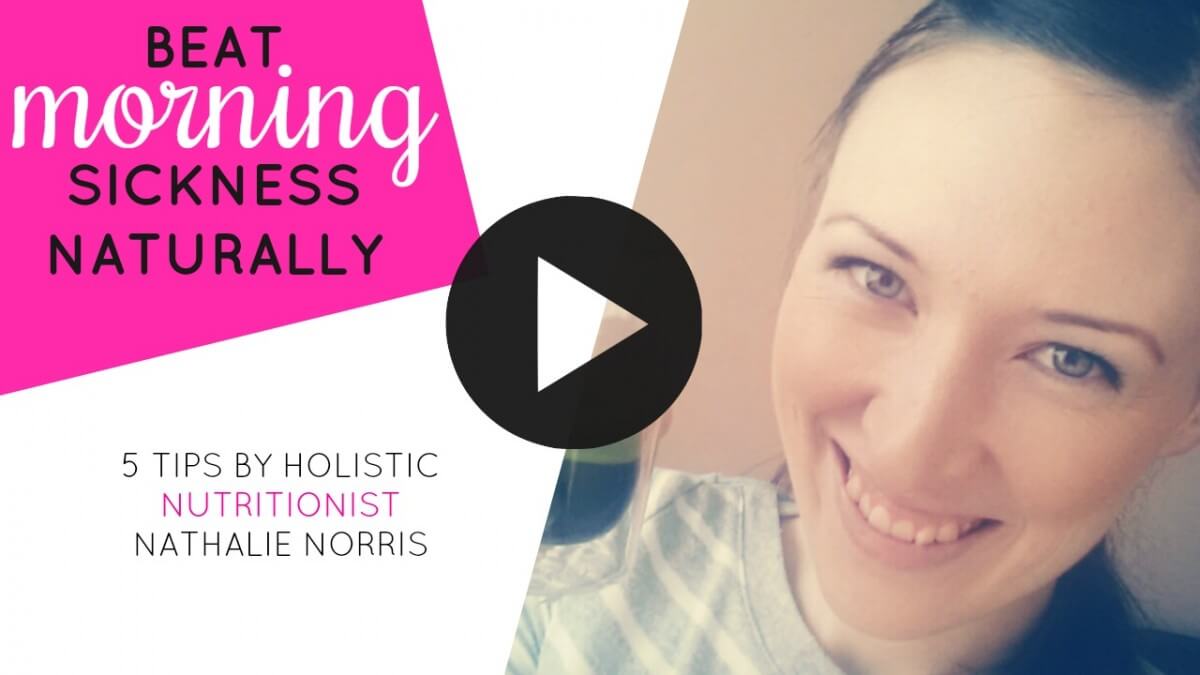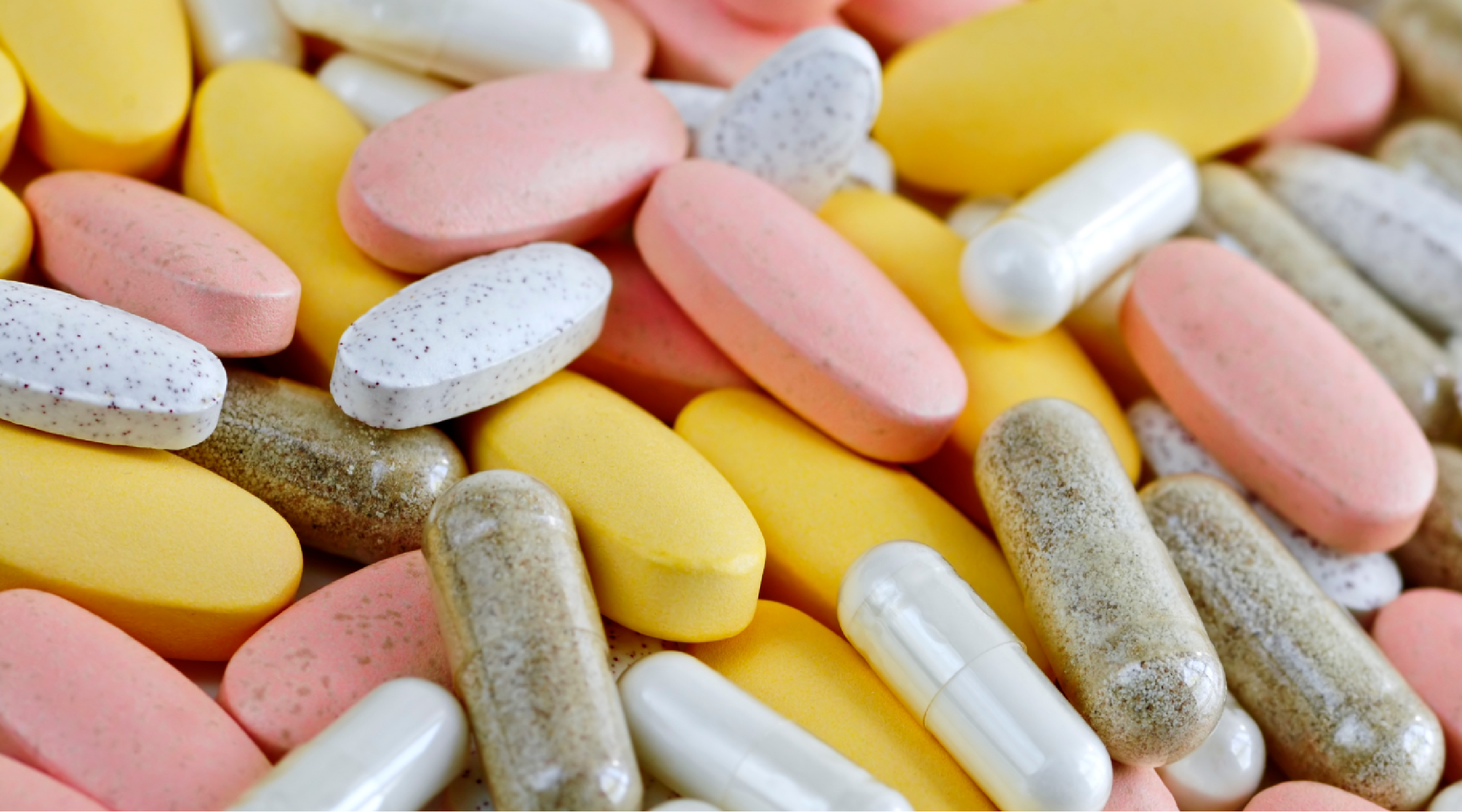Happy Q&A Monday! This is the last Q&A in this series; I hope you’ve enjoyed all the information! We started way back at nutrient support to bust colds & flus, how to energize your libido, healthy gluten-free living, foods that help with, and foods to avoid if you or your child has ADD/ADHD and why you might want to go dairy-free (and how to do it). This week is all about HOW to make certain diets work for you WHILE breastfeeding.
I’m not talking weight-loss diets (though lots of people that make these switches end up losing weight), I’m talking diets that people have chosen based on internet popularity and/or their own ethical compass.
So this week is living Vegan, Paleo & living Vegetarian. As a Nutritionist (although maybe it was the doula training I went through for this…) I want to help you stay on the diet or way of life that you love, so this isn’t about changing what you’re doing, it’s about letting you know what I see as some of the challenges (that can be wildly overcome by you!) of breastfeeding on these diets.
We’re going to cover how to make these diets ROCK and supportive while you’re breastfeeding. Hope you enjoy!
***The Badass Breastfeeder and any page admins, Glow Nutritional Consulting and Nathalie Norris are working to spread information to help women and breastfeeding relationships. By reading this information, and any information to follow on Q&A Mondays, you agree that major changes in diet or lifestyle should be decided upon with the healthcare practitioner that you trust, and who knows your complete health history.***
1. The Vegan Diet and Breastfeeding
A vegan diet is plant-powered. It excludes, either for health reasons or ethical ones, fish, any meat from animals, eggs, dairy and usually/sometimes honey.
While I haven’t breastfed on the diet, I have trained for and run a full marathon and completed 2 Tough Mudders. That’s not to say that races are the same as breastfeeding, obviously, but I know first-hand just how super strong the body is, and how it can easily take on extra calorie-burns and energy requirements for doing those two things while maintaining a vegan diet (that’s done right + that supports you).
If you’re vegan, chances are you know the few challenges to overcome, because chances are lots of people have mentioned them in comments, “where do you get your protein?”
We’ll start with that one. Great places to get vegan protein are beans, nuts, seeds, vegetables, grains and legumes. Protein is also found in concentrated amounts in soy products (like tempeh or tofu) and algae. If you find yourself training for races or working out consistently, there are also some awesome protein powders out there that are vegan-friendly. Right now I love Sun Warrior, and I’ve had flings with Vega and Kaizen Vegan protein. (Heads up I don’t make money from any of these companies, I just love shouting out names of brands I like to give you an idea of where to start).
Another nutrient to aware of is Vitamin B12.
In the vegan diet, you can get B12 from nutritional yeast and tempeh. It’s fortified into lots of vegan mock-meats and non-dairy milks. It’s created by gut bacteria, so it’s wise to make sure that your gut bacteria are happily in balance by eating fermented foods and taking a probiotic. If you get your blood tested and your Vitamin B12 levels are low or even at the border, I always recommend finding yourself a sublingual B12 supplement, a kind of lozenge filled with B12 that dissolves under your tongue and gets into your blood stream from there (that way you bypass your digestive system).
It’s also worth noting that B12 is notoriously hard to absorb, and that a deficiency of B12 can be reversed, but that the neurological damage that occurs with a B12 deficiency cannot be reversed. This, for me, is a strong enough reason to keep a bottle of sublingual B12 around – I love my brain!
The other nutrient to pay attention to on the vegan diet is iron.
Iron is another relatively hard nutrient to absorb, and heme (meat) iron is better absorbed than non-heme (plant) iron. Of course, lots of vegans can keep their iron levels loving life, but some should supplement, especially if they find themselves exhausted ALL the time. Blood tests are good to have done to rule out any other causes of super low energy, and taking iron when you don’t need it (or if you have high iron) is really not good. So know how your iron levels are doing (both hemoglobin and ferritin), and go from there with a really awesome, super-well absorbed supplement (SpaTone is my favourite). Otherwise good food sources of iron in the vegan diet are: raw cacao powder, cocoa powder, molasses, seaweeds, steamed spinach and other steamed greens and fortified mock-meats (though I much prefer the other sources of iron most of the time).
If you’re looking to transition to a vegan diet while breastfeeding, my biggest suggestion to you would be to go slow. Slowly cut down on the animal products you’ve been eating and slowly add in more and more plant foods. This will be easier on your body and won’t result in cleansing really quick and heavy. If you want to passion-switch over and can no longer stomach the thought of another animal-based meal, I hear ya, I swapped cold turkey, too. If I made the immediate swap while breastfeeding, I’d probably eat more organic mock-meats in the place of meat and slowly turn over into other, more whole plant foods over time.
So, how do you keep energized on a vegan diet while breastfeeding? Getting your fat intake up is super helpful, looking at coconut milk or oil as an energy booster is a great option (I’m talking real coconut milk here, not the mostly water coconut milk in the alternative milk aisle at your grocery store), as is adding freshly ground flax seeds to your smoothies/salads and/or taking flax oil. Making sure you’re getting enough calories for you, your activity levels and breastfeeding is essential, too, for energetic health and a great breastmilk supply. Otherwise the recommendations in post # 3 on vegetarianism are all applicable to you, too.
If you loved this information, I know you’d be completely enamoured with Vibrant In 5, the free 5-day e-mail program I created to teach you all about health, how to do it, and the reasons that will inspire you to make lasting changes. You can sign up here if you’d like, or via the grey and pink box below.
Vegan Mama’s out there, what do YOU do to keep your energy levels up while breastfeeding? We’d LOVE to know, plus you might just help out another Mama looking to adopt the diet!
2. The Paleo Diet and Breastfeeding
Alright you Paleo Mama’s, I’m expecting all of your wonderful experience on here! What’s helped YOU keep up your diet while breastfeeding?
So what’s the Paleo? Usually it means free-range organic meat, and a diet otherwise consisting of seeds, nuts, berries, fruits, and loads of veggies. It cuts out grains, sugar, processed food products and dairy, and if eggs are consumed, they’re from free-range organic hens.
So, what I LOVE about this diet is the attention that is put on organically raised meat and eggs, and the elimination of about 99% of all processed foods on a typical grocery store shelf. That alone can help LOADS of people feel better! I also LOVE the focus on vegetables, when the Paleo diet is done right.
What I coach breastfeeding Mum’s to do is keep their carb intake up. Sometimes Paleo blogs are all about entering a state of “Ketosis”, or as Dr. Atkin’s called it, “Keto-acidosis”. This is a state of fat-burning that is harmful to the body. When you’re breastfeeding, you DEFINITELY want to steer clear of this. And to ensure you do, you need to focus on the carbs you CAN eat. Enjoy sweet potatoes, squashes and pumpkin. These will help make sure that you’re getting the carbs you need. If you find you’re a little better balanced enjoying the starchy veggies, I might recommend that you add in some of the pseudo-grains (not quite grains) like quinoa and amaranth – though that’s up to you and I know there are some feisty opinions on this. 🙂
Why are carbs so important while breastfeeding?
Breastmilk is roughly (changes a little from woman to woman) 9:4:1 carbs:fat:protein. And on the Paleo diet, you tend to be eating protein, protein, protein, fats, minerals, vitamins, and small amounts of carbohydrates. That means your body is going through a pretty tough (energy-sucking) process to convert what you’re taking in into carbs, which can leave you feeling drained instead of energized. Plus, if you’re relying on the breakdown of fat to convert to carbs to fuel your brain (which uses glucose to stay fueled, mood-balanced and aware) AND make breastmilk, than you’d also be busting into a lot of fat stores that contain toxins your body wasn’t able to get rid of at the time you took them in (via sprays on conventional foods, different chemicals in cleaners, make-ups, deoderants, hairsprays, etc. and pollution/exhaust fumes…).
What are your healthy carbohydrate sources on the Paleo diet? We’d LOVE to know, plus you might help out another Mama in need of YOUR advice!
3. The Vegetarian Diet and Breastfeeding
Vegetarian Mama’s, we’d LOVE to hear your experiences! What motivated YOU to stay vegetarian while breastfeeding, and how’d you do it?
A vegetarian diet is usually one that cuts out all flesh foods. For some that means all fish, poultry and red meats; for others it means they’ll eat fish (though the specific name for that is Pescitarian), but cut out the others. It emphasizes fruits, vegetables, beans, legumes, grains, nuts and seeds, milk products and eggs.
The main concern here is Vitamin B12, which is found in small quantities in milk and eggs, and is found fortified into store-bought nut/seed/grain/soy milks and most mock meat products. It’s also found in tempeh, where the bacteria used during the fermentation process create it, as well as in nutritional yeast.
To make a vegetarian diet energizing, so you can make milk and feel great, too, you want to focus on the whole foods within the plant kingdom. This means eating your vegetables, snacking on your fruits, and eating nuts, seeds and whole grains (rice, barley, wheat berries if you do them, etc.) and beans. Getting in whole eggs and milk products can definitely make some people feel awesome, others may uncover allergies/intolerances to eggs and dairy if they over-emphasize them in their new-found diet. While there are lots of mock meats aimed at vegetarians, few are made with organic (non-gmo) soy, and we’ve got to keep in mind that they’re very refined products.
Your main protein sources should come from eggs, milk, beans, nuts and seeds, and algaes (if you go that way 😉 ). There are some awesome protein powders that can add to your overall intake if you find yourself training for races, or working out really hard.
Do you have anything you’d add? Anything you’d tell another Vegetarian Mama while she was starting out her breastfeeding journey? We’d LOVE to know, plus you might help out a Mama in need of YOUR advice!
If you loved this information, I know you’d be completely enamoured with Vibrant In 5, the free 5-day e-mail program I created to teach you all about health, how to do it, and the reasons that will inspire you to make lasting changes. You can sign up here if you’d like, or via the grey and pink box below.






Excellent blog you have here.. It?s difficult to find high quality writing like yours
nowadays. I really appreciate people like you! Take care!!
Thanks for the love!